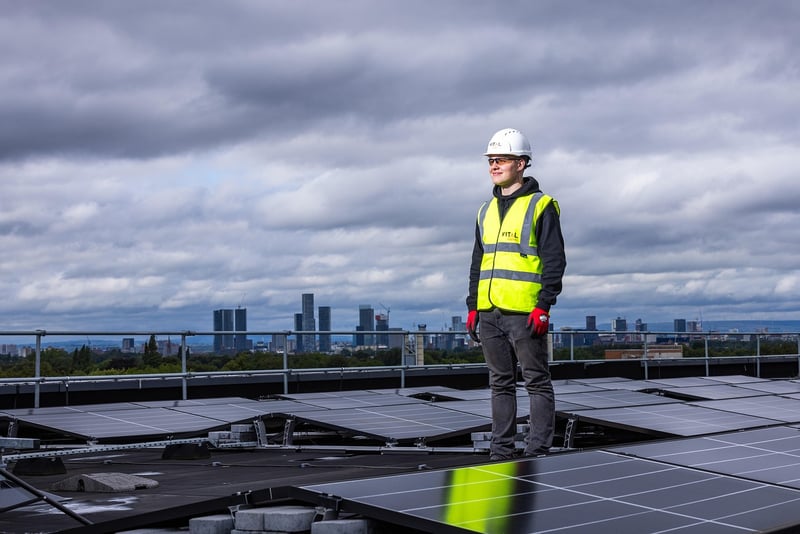Renewable Energy Engineer
The Role of a Renewable Energy Engineer in Cutting-Edge Industries
Renewable energy is at the forefront of cutting-edge industries, driving innovation and sustainability across the globe. As technology advances and the world transitions towards a greener future, the role of a Renewable Energy Engineer becomes increasingly crucial. This article delves into the responsibilities, skills, and impact of a Renewable Energy Engineer in shaping the future of various industries.
Responsibilities of a Renewable Energy Engineer
Renewable Energy Engineers are tasked with designing, developing, and implementing renewable energy systems. Their primary responsibilities include:
- Conducting feasibility studies to assess the viability of renewable energy projects.
- Designing and optimizing renewable energy systems such as solar, wind, hydroelectric, and geothermal power.
- Collaborating with multidisciplinary teams to integrate renewable energy solutions into existing infrastructure.
- Ensuring compliance with industry regulations and environmental standards.
- Monitoring and evaluating the performance of renewable energy systems to maximize efficiency.
Skills Required
Renewable Energy Engineers need a diverse skill set to excel in their role. Some essential skills include:
- Strong understanding of renewable energy technologies and systems.
- Proficiency in computer-aided design (CAD) software for system modeling and simulations.
- Excellent analytical and problem-solving skills.
- Knowledge of environmental impact assessments and sustainability practices.
- Effective communication and teamwork abilities.
Impact on Cutting-Edge Industries
Renewable Energy Engineers play a significant role in driving innovation and sustainability in cutting-edge industries such as:
- Smart Grids: Integrating renewable energy sources into smart grid systems to enhance energy efficiency and reliability.
- Electric Vehicles: Developing charging infrastructure powered by renewable energy to support the widespread adoption of electric vehicles.
- Green Buildings: Designing energy-efficient buildings with renewable energy systems for reduced carbon footprint.
- Industrial Manufacturing: Implementing renewable energy solutions to reduce energy costs and minimize environmental impact in manufacturing processes.
By leveraging their expertise, Renewable Energy Engineers contribute to a more sustainable future by reducing carbon emissions, promoting energy independence, and fostering technological advancements in cutting-edge industries.
Conclusion
As renewable energy continues to reshape the landscape of various industries, the role of a Renewable Energy Engineer becomes indispensable. With their knowledge, skills, and passion for sustainability, Renewable Energy Engineers drive innovation and lead the transition towards a cleaner, greener future for generations to come.

Join the ranks of Renewable Energy Engineers and be a part of revolutionizing cutting-edge industries with sustainable solutions!
